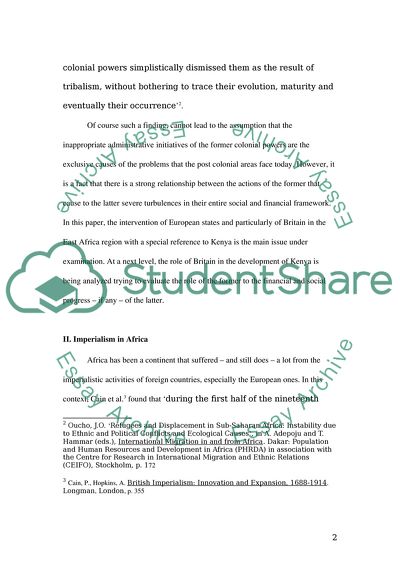Cite this document
(Colonialism within Africa in the Early 1900s Term Paper, n.d.)
Colonialism within Africa in the Early 1900s Term Paper. https://studentshare.org/history/1705547-african-history
Colonialism within Africa in the Early 1900s Term Paper. https://studentshare.org/history/1705547-african-history
(Colonialism Within Africa in the Early 1900s Term Paper)
Colonialism Within Africa in the Early 1900s Term Paper. https://studentshare.org/history/1705547-african-history.
Colonialism Within Africa in the Early 1900s Term Paper. https://studentshare.org/history/1705547-african-history.
“Colonialism Within Africa in the Early 1900s Term Paper”. https://studentshare.org/history/1705547-african-history.


